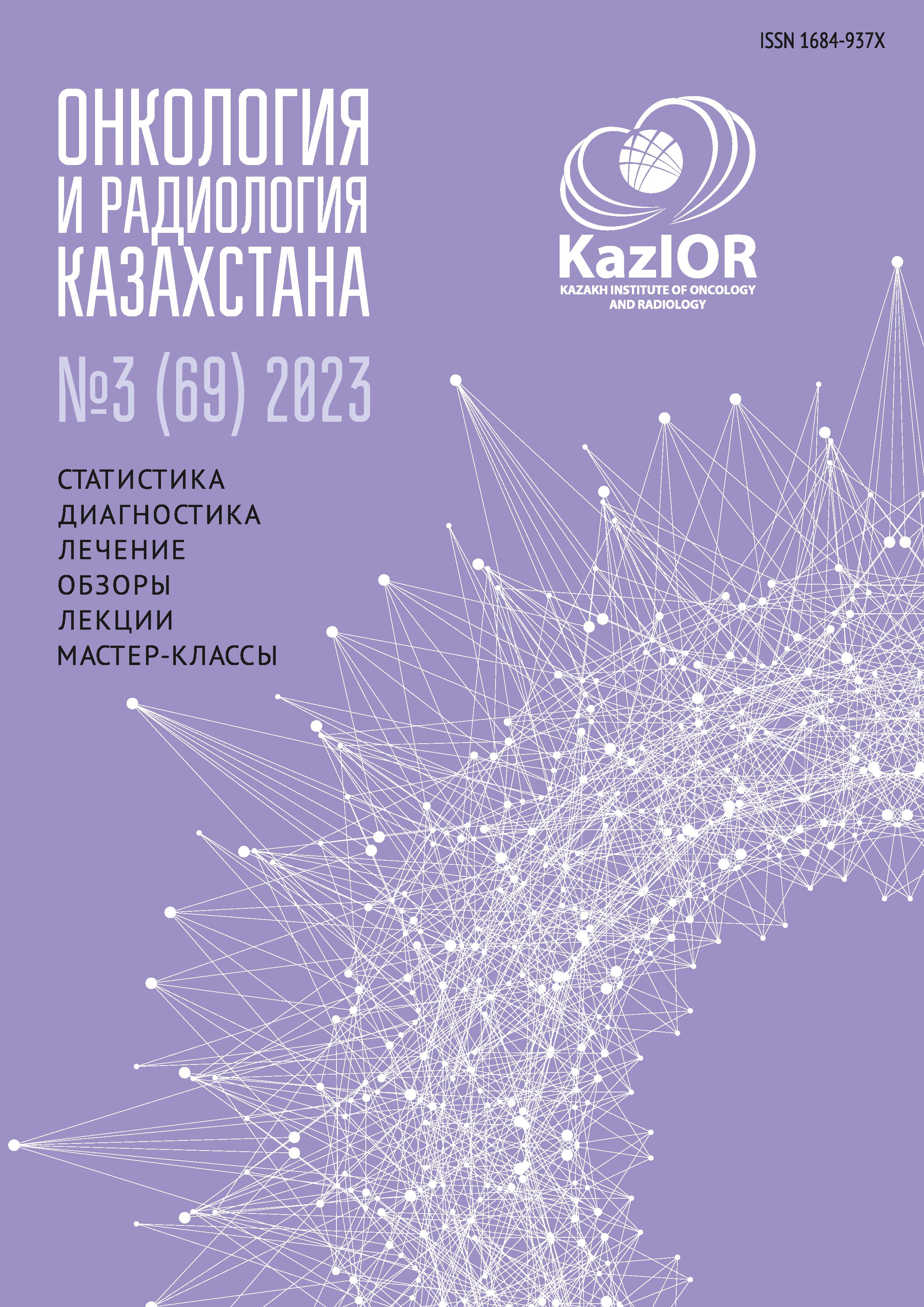Nutritional support for cancer patients in the early postoperative period
DOI:
https://doi.org/10.52532/2521-6414-2023-3-69-47-52Keywords:
malnutritional, nutritional support, cancer, cancer patients, enteral nutritional supplements, parenteral nutritionAbstract
Relevance: The modern medicine, evaluating patients’ nutritional status is a priority for many specialists. The incidence of nutritional deficiency in cancer pathology increases annually by 65-85%. The nutritional status of patients is represented by a decrease in life expectancy, deterioration of immediate and long-term treatment results, a decrease in the tolerability of therapy, and a decrease in the quality of life. Early detection of nutritional insufficiency and evaluation of the patient’s nutritional status makes it possible for early provision of nutritional therapy and has a positive effect before the operation, during and after the operating period, reduces postoperative complications, and reduces the duration of stay in the hospital. This article reflects on the features of evaluating the nutritional status and methods of correction of clinical nutrition.
The study aimed to analyze the effectiveness of cancer patients’ nutrition in the early postoperative period and determine the optimal method of its implementation.
Methods: We compared the clinical effectiveness of enteral and parenteral nutrition methods in the complex of postoperative therapeutic measures on the hepato-pancreatic-duodenal zone.
Results: On Days 10-12 after surgery, 12 out of 17 control group patients had normal nutritional status judging by their Subjective Global Assessment (SGA) and Nutritional Risk Index (NRI), and five had moderate malnutrition. After enteral nutrition was added (on Days 13-15), no malnutrition cases in this group were detected. The total blood protein in the subjects showed a significant difference between the average values of indicators in clinical groups for the entire study period (p<0.05). The average total blood protein by Day 8 after surgery was 62.5±10.0 g/L in the leading group and 57.5±10.1 g/L in the control group. The change in the blood biochemical composition was due to the volume, duration, and nature of the surgical intervention.
Conclusion: When using nutritional therapy in cancer patients operated on for tumors of the hepato-pancreatic-duodenal zone in the early postoperative period, the enteral route of administration of nutrient mixtures is preferred, provided there is no pronounced intestinal paresis and purulent discharge from the stomach.

